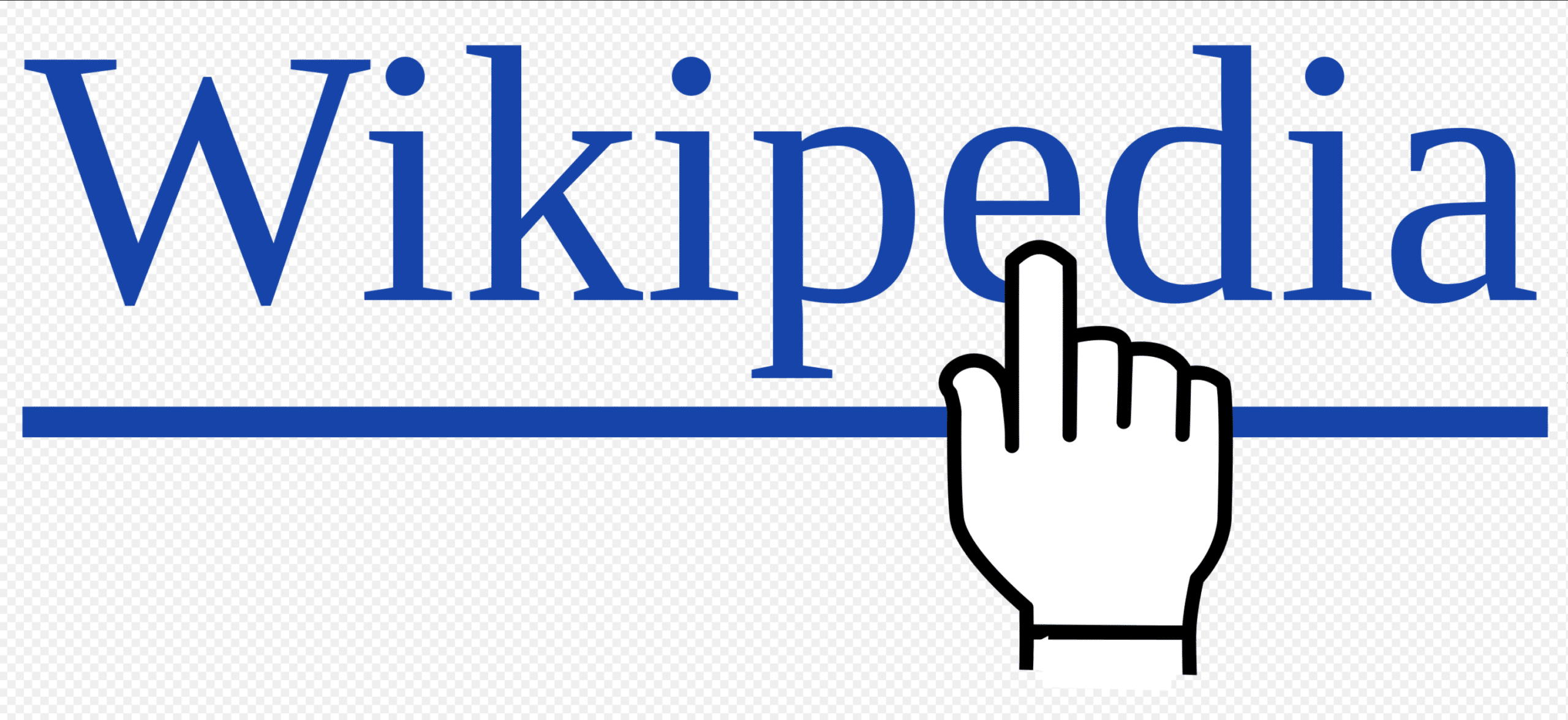If you are operating an online business or a blog, understanding copyright law is essential. Copyrights protect original works of authorship from being used or copied without the permission of the author. This is true even if the original author is given credit and/or if a hyperlink is provided to the original posting/publication of the work. Copyright infringement carries significant legal and financial penalties.
Let us explore some hypotheticals. Imagine that you are operating a website providing information on environmental issues. One common misconception is that writing about social justice and important political issues exempts you from complying with copyright laws. This is not true. Even though you are blogging about something for the benefit of society (not yourself), you must still comply with the copyright laws.
Now, let us say you find some great content written by acknowledged experts on some key environmental topic. You cut and paste the whole article and post it on your website. You credit the authors and provide a hyperlink to the original post. In this example, unless you have permission from the authors, you have committed copyright infringement. Giving credit to and linking to the authors does not “cure” the infringement and will not be a legal defense if you are sued for infringement. This may sound counterintuitive since, surely, authors trying to make the world a better place will “want their message out there!” However, this is a false assumption that is legally dangerous.
What can You Do?
Essentially, the solution is to make sure you have permission to use the original work in this manner. First, search the original website or book or publication and see if the author(s) have given permission. If authors “want their work out there,” the authors generally explicitly say so and give permission for reposting. Second, if you find nothing giving you permission to re-post the whole work, then you must ask for and obtain permission, in writing and in advance, before reposting. This is not as difficult as it may sound. Send an email or private message to the authors. They may be flattered and happy to allow you to post the whole article. Even if they say “no,” the communication may still be a “net positive” since you may have made useful contacts in your community of interest.
Finally, even if the authors say “no,” you still have options. You cannot post the whole article in the manner described, but you can provide a summary of the key points being made in the article in your own words, without plagiarizing. When YOU write a summary, then YOU are creating an original work of authorship (not using another person’s original work). Then you can post your summary with a hyperlink to the original.
What About the Fair Use Doctrine?
The fair use doctrine is a narrow exception that allows someone to use copyrighted material without obtaining permission. However, generally, a person cannot post another’s WHOLE work and call it “fair use.” For use to be “fair use,” there must be some sort of criticism/discussion (like a review) or something “transformative” (like a comedic parody) and, generally, only short quotes are acceptable.
If you have questions about copyrights and protecting your online business or if you have questions about other intellectual property, contact the copyright lawyers at Revision Legal at 231-714-0100.




